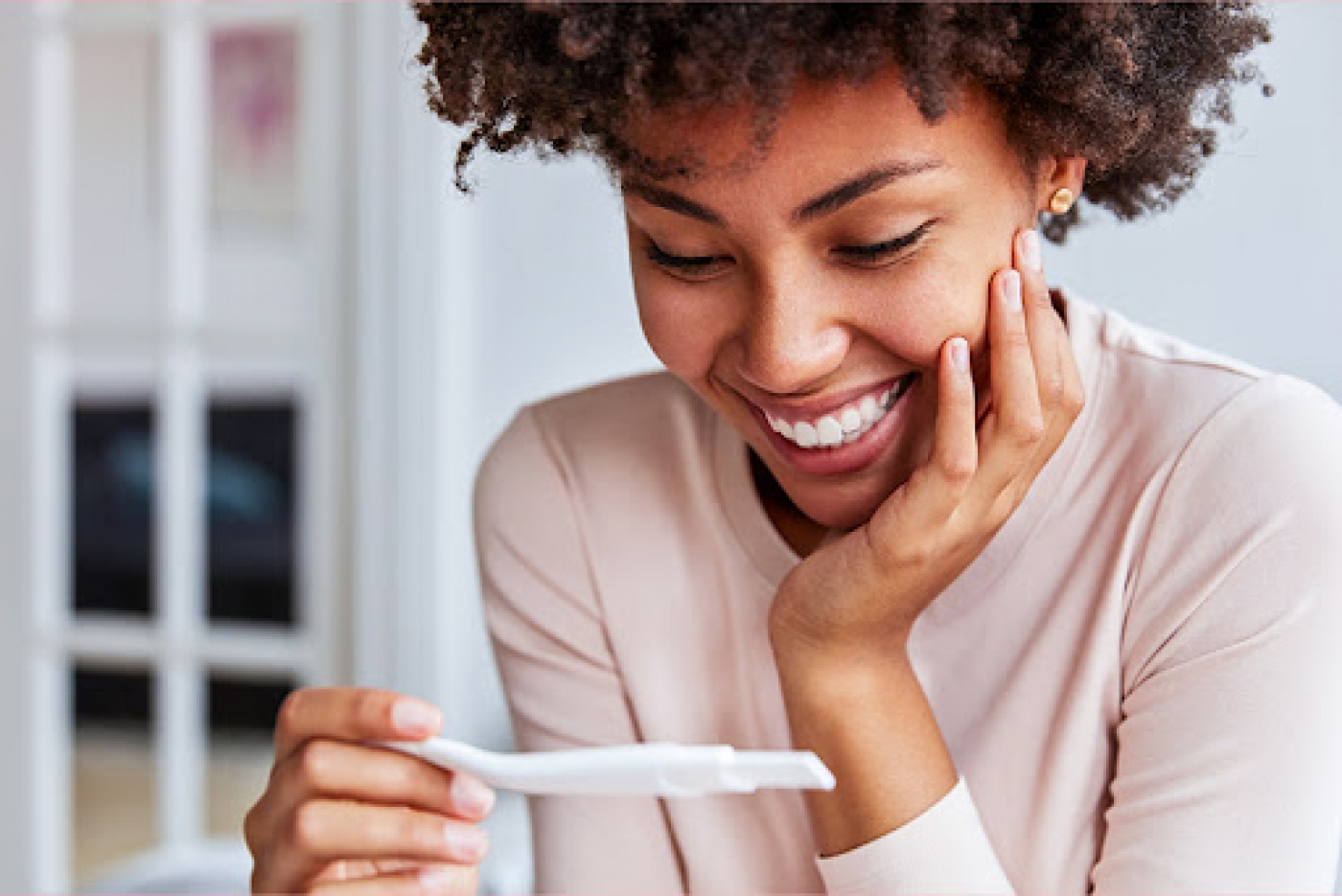Even when the endometrial tissue grows outside the uterus, it still responds to the hormonal changes of your menstrual cycle. It builds up, thickens, and then breaks down, causing pain and swelling as the tissue has no way of leaving the body. This can lead to inflammation and scarring of the normal tissue surrounding the endometriosis growth.
Adhesions can form between tissues and organs in the pelvis and abdominal cavity. While not cancerous, endometriosis growths can make it difficult for you to become pregnant.
Distorted anatomy of pelvic organs and scar tissue can make it hard for you to ovulate or difficult for the released egg to reach the fallopian tube to get fertilised by sperm.
Inflammation from endometriosis can also create a hostile environment that affects the egg as well as the sperm, making it hard for fertilisation and implantation to be successful.
In a number of ways, endometriosis and infertility are connected, even though most women with endometriosis are still able to get pregnant with or without treatment.
Essentially, there are three main treatments for endometriosis-associated infertility — medical treatment, surgery and assisted reproduction.
The recommendation is that if you want to become pregnant, you should see a fertility specialist as early as possible.
In addition to pain relief, laparoscopic surgery can be recommended to make it possible for you to get pregnant.
Egg freezing is also an option for you if you have endometriosis and want to start a family in the future. It has the potential of increasing your chances of becoming pregnant in the future.
Before choosing the most appropriate treatment, your doctor will consider the severity of your symptoms, the stage of the disease, how long you’ve been trying to get pregnant, your age, and your best options, including in vitro fertilisation.
While treatment options become more limited with advancing age, it’s important to seek treatment early if you want to get pregnant later on.
A full infertility check-up can help identify any other challenges or health issues, therefore, it is important to focus on your overall health.
While being pregnant reduces endometriosis symptoms, the relief may continue while breastfeeding. However, once the periods return, whether breastfeeding or not, the symptoms may return.
The bottom line is that while endometriosis can be a painful and complex disease, it’s still possible for you to become pregnant and build or complete your family.
Source: healthwise.punchng.com







